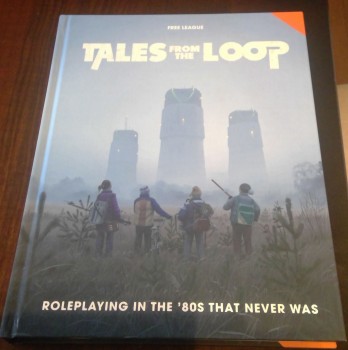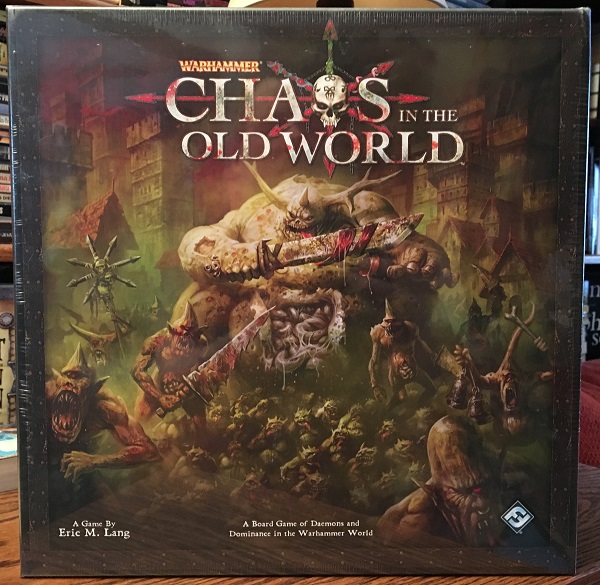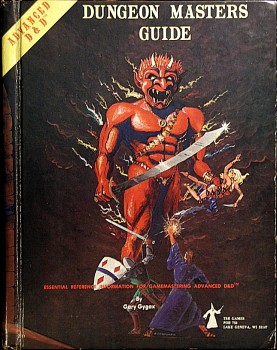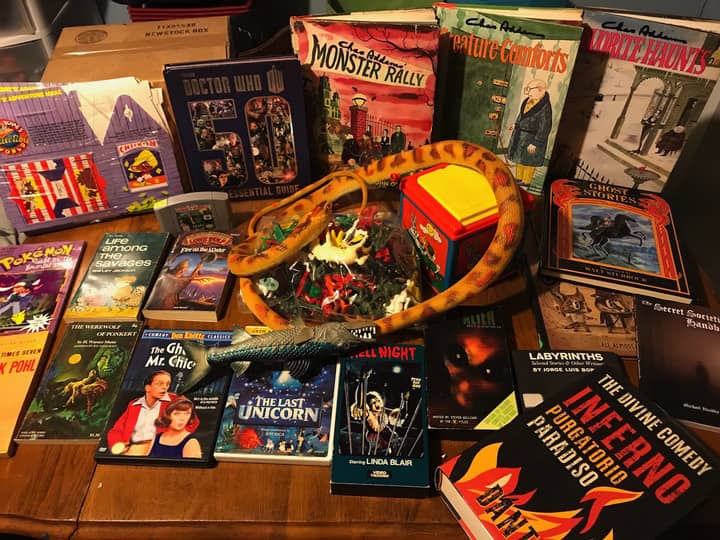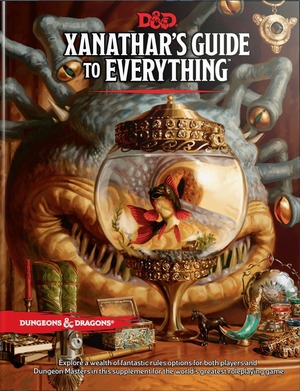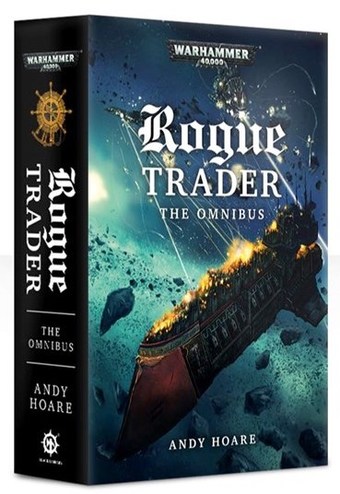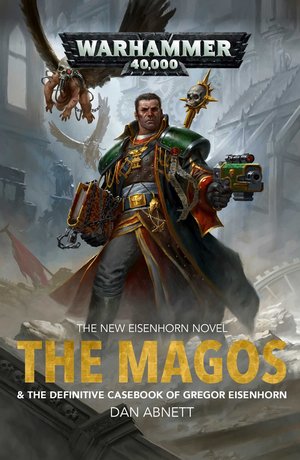 Three years ago, as I was commuting three hours a day to a job I hated, I found a way to add a little joy to my tedious morning drive. I started listening to the Warhammer Audio Books produced by Heavy Entertainment for Black Library.
Three years ago, as I was commuting three hours a day to a job I hated, I found a way to add a little joy to my tedious morning drive. I started listening to the Warhammer Audio Books produced by Heavy Entertainment for Black Library.
And man, what a delight they were. Not just readings, these were full-cast audio dramas, with wonderfully produced sound effects and professional voice actors like Toby Longworth, Gareth Armstrong, Jonathan Keeble, and many others. I’d pull into the parking lot with the sound of ricocheting bolter fire and space marine battle cries echoing in my ear, and it made getting out of the car and starting the long walk into work a little easier.
I enjoyed virtually all of those action-packed audio dramas, but I think my favorite was Dan Abnett’s Thorn and Talon: From the Case Files of Eisenhorn and Ravenor, an anthology of tales of the dedicated Imperial Inquisitor Eisenhorn and his apprentice Ravenor, as they came up again Chaos plots, strange warp artifacts, and more dangerous things.
That was my introduction to the tales of Inquisitor Eisenhorn. Although truthfully, if I’d just listened to my friends Howard Andrew Jones and John DeNardo, I could have saved myself a lot of time. Way back in 2009 Howard raved about Abnett’s Eisenhorn omnibus, a fat volume collecting all three novels of the Eisenhorn trilogy and a handful of shorter works:
Dan Abnett wasn’t satisfied with creating a fabulous lead character in an action-packed space opera; he sent him to fantastic places and provides a series of detective/investigative stories full of logical turns, surprises, and plenty of action.
And in his 2016 article ‘In Defense of Media Tie-Ins,” John wrote:
One of the best set of books I’ve ever read — in any genre — was the Eisenhorn trilogy by Dan Abnett. The books are set in the richly-imagined Warhammer 40K universe… Abnett is a one of the most skilled master storytellers you’ve never heard of. This is the series that I point to when anyone is quick to dismiss tie-in fiction… I don’t play the game, but that didn’t stop me from losing sleep because I couldn’t stop turning page after action-packed page, or cheering when a bad guy finally got his comeuppance.
The long-awaited fourth book in the Eisenhorn series finally arrives next month. The Magos, a fat 720-page volume, collects a dozen Eisenhorn short stories and a brand new novel. Here’s the description.
…
Read More Read More
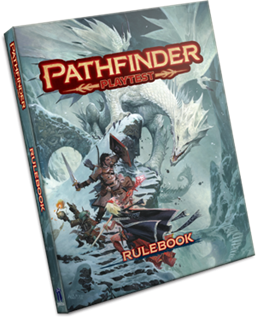 Yesterday, Paizo announced an upcoming playtest for a 2nd Edition of Pathfinder. Wow.
Yesterday, Paizo announced an upcoming playtest for a 2nd Edition of Pathfinder. Wow.